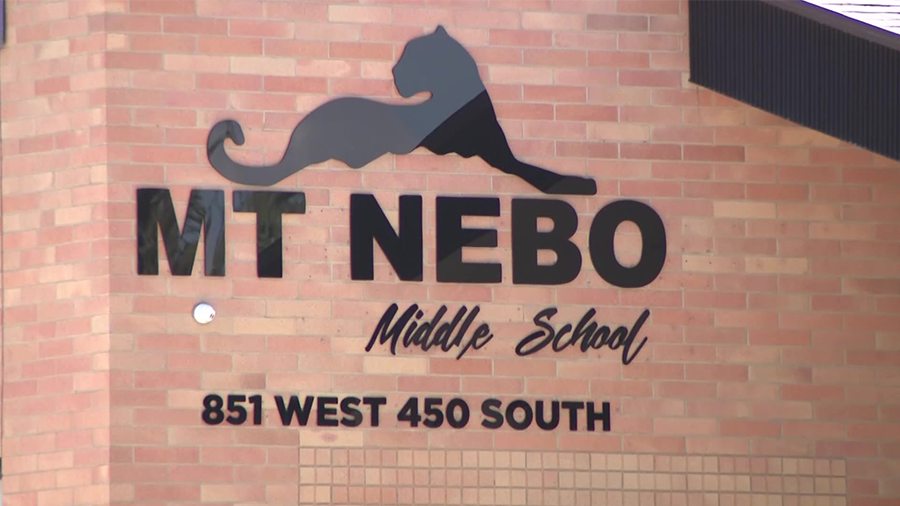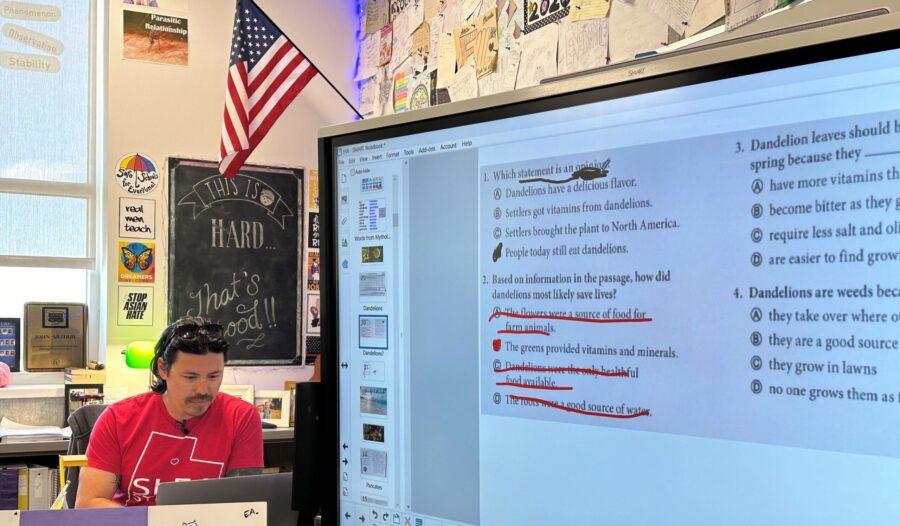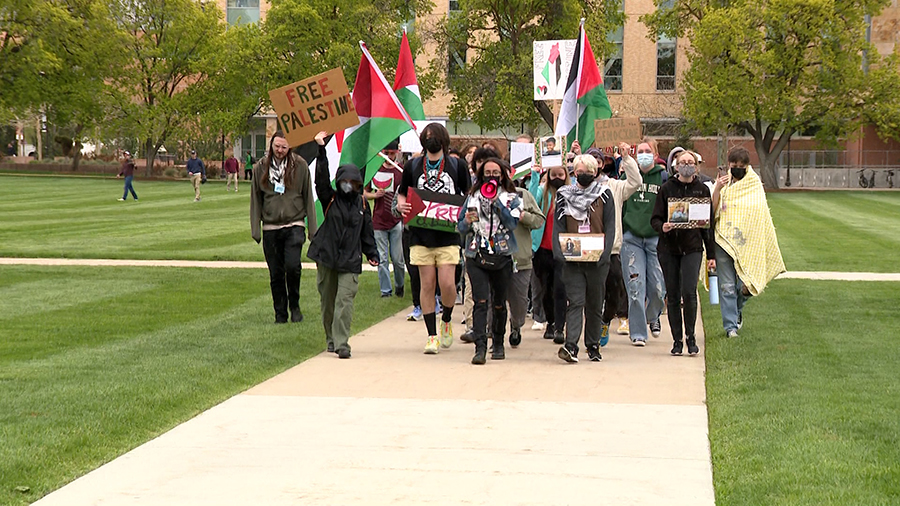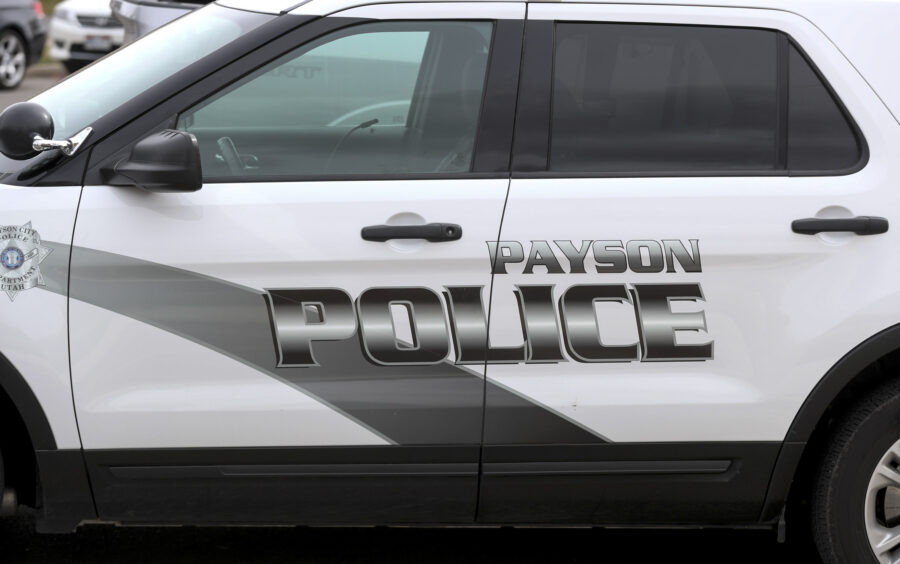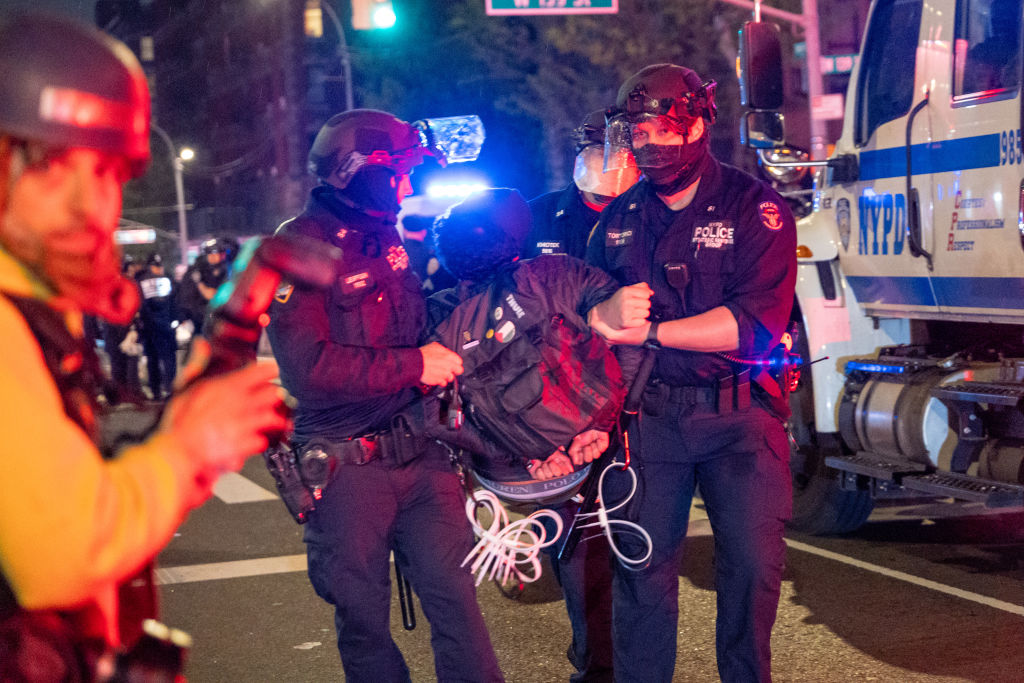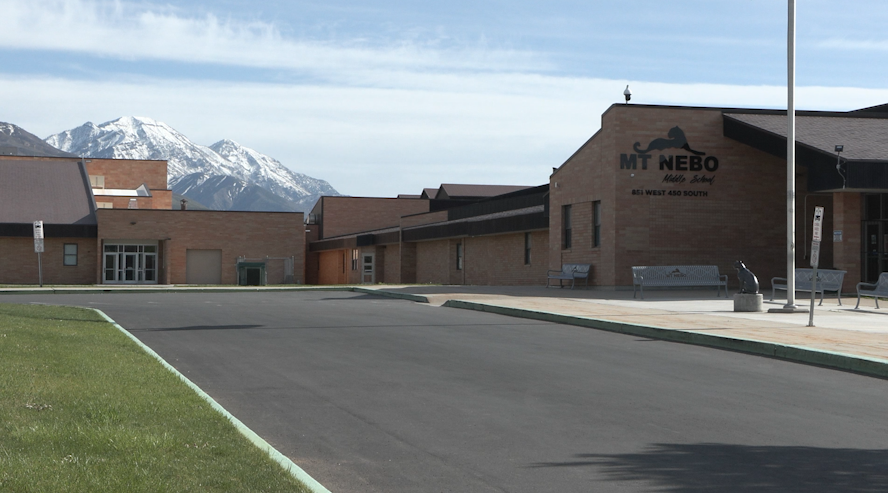Utah lawmakers consider proposal to make removing books from school libraries easier
Nov 10, 2023, 3:54 PM | Updated: Nov 13, 2023, 4:30 pm
SALT LAKE CITY – Utah lawmakers are considering significant changes to Utah’s law that allows for books to be removed from school libraries. The proposal includes lowering the threshold for when a book can be banned statewide and would allow lawmakers to challenge books in the districts they represent.
KSL TV obtained a copy of a draft proposal prepared for the Education Interim Committee along with a summary of the bill prepared for the members on the committee.
The bill is being run by Rep. Ken Ivory, R-West Jordan who initially declined an interview. After publication, Ivory sent a statement.
“Some members of a USBE-led working group on [the bill] indicated a need for greater clarity in [the] Bright Line Rule and its application…we are working to do just that. I am confident you will see a refined draft presented at the November meeting,” Ivory said.
The chair of the Education Committee, Rep. Candice Pierucci, R-Herriman, said Ivory’s bill was “trying to create some additional clarity” because districts were thinking that books reviewed as pornography still had to be reviewed for additional artistic value.
“And that’s not the case,” Pierucci said.
House Minority Leader Angela Romero, who’s also on the committee, said she has a “problem, a fundamental problem with the bill as it currently stands.”
Removing books statewide
According to the draft proposal, if “more than two school districts or more than five charter schools” review and deem a book as “objective sensitive material,” then all school districts statewide must also remove that book.
In the October interim meeting, lawmakers were looking at the threshold being more than four districts and nine charter schools to trigger a statewide ban.
There are 41 school districts across the state.
“The hope was that you get a better demographic across the state,” Pierucci said.”It is saying, if three districts have gone through, and they viewed this as criminal porn, then we’re gonna need to get it removed and off the shelves. So, I think it’s a lot better, it should be more effective in streamlining this process, when you consider that before, it needed to be district by district by district.”
Similar to what’s in Utah’s sensitive materials law currently, only those connected to the school or district can challenge a book. The newest proposed draft adds one key difference.
Those who can challenge a book include students, parents of students in the district, employees of the district and, “an elected official who represents an area that includes all or part of the relevant LEA.”
“A lot of us receive constituent feedback,” Pierucci said, “And so as much as we try and drive people to the local school board, we still have people reaching out to us as elected officials, and we represent that area.”
Romero does not like that addition.
“I really find that hypocritical,” the Salt Lake City Democrat said. “Many of my colleagues critique the federal government all the time when it comes to EPA guidelines and public lands. But yet here they are trying to tell a local school district, let me insert myself there because I have an issue with this book. I have a huge problem with that.”
LEA stands for a Local Education Agency and is used to encompass all districts, charters and all schools that the state has jurisdiction over.
‘Objective’ versus ‘subjective’ sensitive materials
The proposed draft also creates a “bright line” between sensitive materials being objective or subjective.
According to the proposal, a challenged book must first go through an initial review process where it is evaluated for whether it meets a bright line definition of pornography or indecency.
The bill defines objective sensitive material as the “Description or depiction of illicit sex or sexual immorality” as defined in state code.
Exceptions would include instructional material for medical, family, and consumer science or other courses exempted by the state board.
“If there is an excerpt [in a book] that is completely criminal porn, it needs to be pulled off the shelf,” Pierucci said.
While a book is being reviewed for whether it meets this objective standard, “the LEA must remove the challenged material from student access and conduct a full review,” the draft summary states. That’s a change from the current law where a book can be left on the shelves while it’s under review.
If any part of a book is deemed to violate that “bright line,” no further review is required, and the materials would be removed.
“Each public school and [Local Education Agency] shall prioritize protecting children from the harmful effects of illicit pornography over other considerations in evaluating instructional material,” the latest draft bill reads.
If the book doesn’t fall under the objective standard, then it gets reviewed for subjective sensitive content: “These materials do not violate the ‘bright line’ but, when taken as a whole, are deemed to have no serious literary, artistic, political, or scientific value,” the draft summary states.
According to the summary, parents are included in a subjective review and students may access the material with parental permission during the review process.
The draft summary included a flow chart, prepared for committee members, to outline how a book would get reviewed.
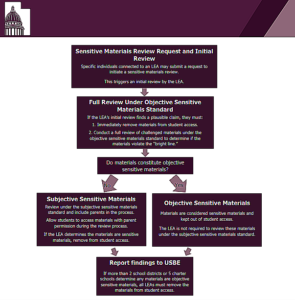
Limiting per-person challenges
The proposal provides a cap on the number of challenges that can come from one person during a school year, if their challenges don’t result in a book being pulled.
“An individual who initiates three reviews that do not result in the removal of material are barred from additional challenges for the remainder of the school year,” the summary states.
Review process
All challenges will need to be reported to the Utah State Board of Education, the draft bill summary states.
“Individuals may appeal an LEA’s decision on a sensitive material review to the LEA governing board. LEA governing boards must vote in a public meeting on the decision to retain or remove materials under an appeal,” the summary said.
Further, no policies from the state board or school district can prevent schools from revisiting a prior decision, reviewing a recommendation, or reconsidering materials after receiving additional information, it said.
The USBE is also in charge, according to the proposal, of notifying all districts if a book meets the threshold to be banned statewide.
It’s not yet known if the language in this draft proposal will change before the Education committee meets next week. The public interim meeting is scheduled for Wednesday, Nov. 15 at 8:30 a.m. at the Capitol, and agendas are posted online 24 hours in advance.
If the draft passes unanimously in that meeting, the bill becomes what’s known as a “committee bill” and would head straight for a floor vote during the 2024 general session.
Pierucci said she did not see this bill passing unanimously but said that it was likely to have majority support.
“I think this is a great place,” Pierucci said when asked whether she supports it.
Romero does not support it.
“No, a big red No,” she said.


